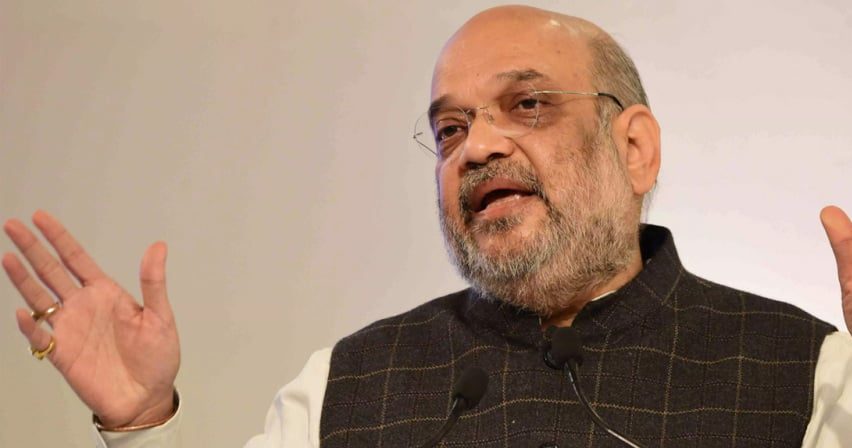
The Central Government has taken an important decision to eliminate caste discrimination in jails. The Central Government has ordered all the States and Union Territories to take note of the new changes as soon as possible and strictly follow all the instructions. What is the whole matter, let us understand.
Just a few months ago, an extensive hearing was held in the Supreme Court on the extent to which the poison of casteism is prevalent in jails. In the light of the then decision of the Court, the Home Ministry has amended the Jail Manual and the Jail Correctional Services Act for the years 2016 and 2023 respectively. By this the existing definition of habitual offender has been modified. The government is trying to eliminate caste-based discrimination that exists in prisons across states and union territories.
The Central Government has ordered all the States and Union Territories to take note of the new changes as soon as possible and strictly follow all the instructions. This step of the government has been taken after the decision on the writ petition filed in the Supreme Court. The case against Sukanya Shanta was heard in the Supreme Court on behalf of the Government of India. In this historic decision, the Supreme Court gave some guidelines to the Central Government on 3 October 2024.
Sukanya Shanta and its use
Journalist Sukanya Shanta is known for reporting on law and social issues. He has reported extensively on Indian prisons and the prisoners living there. Sukanya filed a petition in the Supreme Court and gave complete information about caste discrimination in the jail. He noted how liberated castes, i.e. communities or people who were once considered criminals by birth, are still facing caste-based torture in prisons.
What decision did the Supreme Court give?
The Supreme Court had given its verdict in this case on 3 October. The court had sent notice to the Central Government and 11 state governments in this matter. The court later struck down rules and provisions that promoted caste discrimination. The three-judge bench then said that caste-based discrimination in Indian prisons should end as soon as possible. Now the Government of India has taken steps in the same direction.
 look news india
look news india